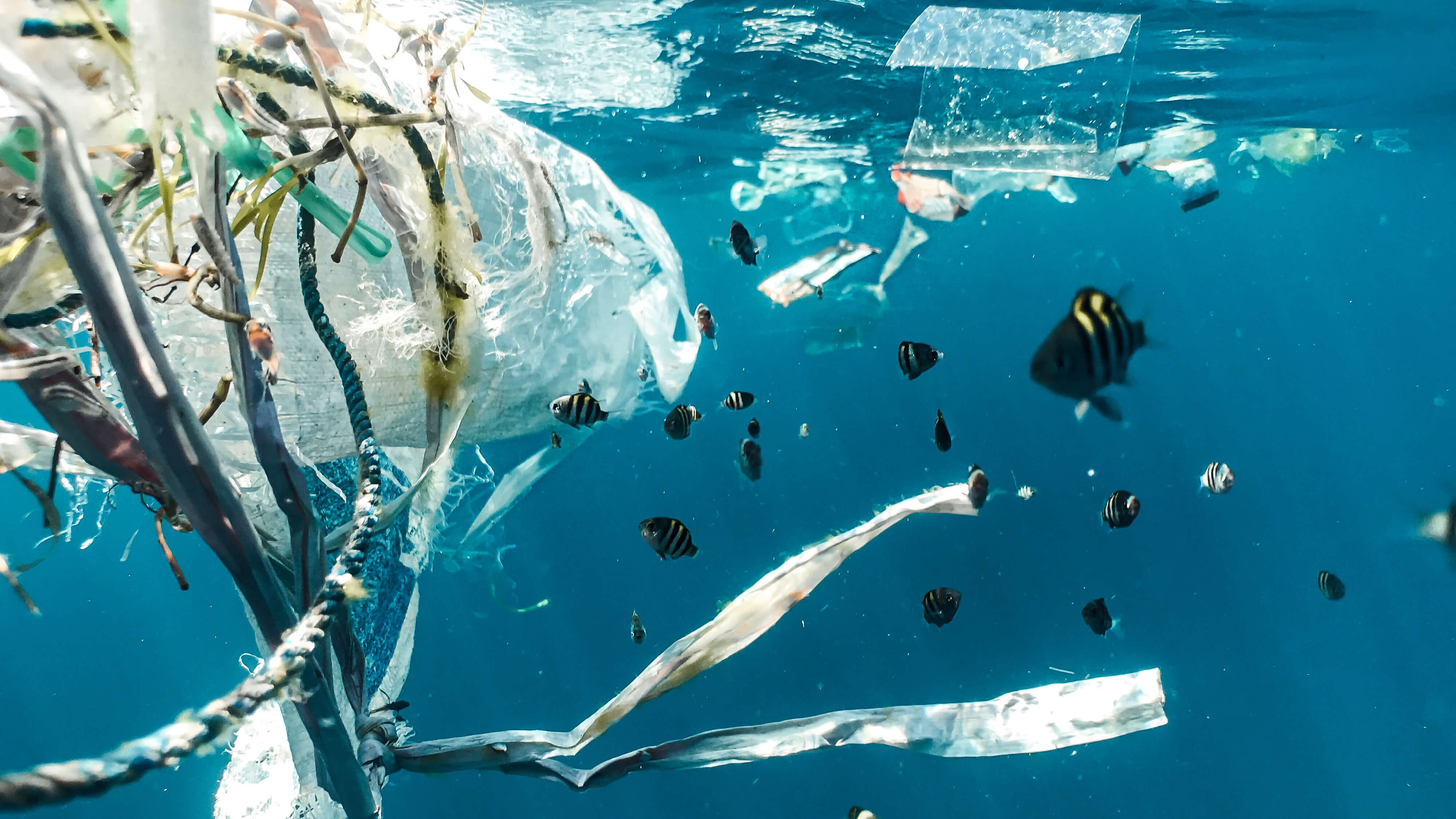EU Proposes All Packaging To Be Recyclable By 2030

EU Proposes All Packaging To Be Recyclable By 2030
On 30 November, the European Commission proposed new EU-wide rules on packaging to tackle the issue of growing waste. Almost 180kg of packaging waste is generated annually by each European, totalling an estimated 80 billion kg. Continuing in a business-as-usual scenario would result in an additional 19% increase in packaging waste by 2030 and a shocking 46% increase for plastic packaging waste.
The proposal supports the European Green Deal and Circular Economy Action Plan objectives to normalise sustainable products. The three main objectives for the proposed revision of the EU legislation on Packaging and Packaging Waste are to:
1. Prevent packaging waste by reducing quantity, restricting unnecessary packaging, and promoting reusable and refillable packaging solutions.
2. Increase recycling and make all EU packaging recyclable by 2030.
3. Reduce demand for primary natural resources by creating a secondary raw materials market and increasing recycled plastic packaging via mandatory targets.
Under the proposal, EU member states will need to reduce packaging waste per capita by 5% by 2030 and 15% by 2040 compared with 2018 levels. The planned legislation also proposes minimum targets for reuse of packaging and recycled content in plastic packaging, such as 30% for drink bottles by 2030 and 65% by 2040. Certain plastic packaging such as tea bags and coffee pods will need to be compostable. If adopted, by 2030 the proposed measures would reduce greenhouse gas emissions from packaging by 23 million tonnes, water use by 1.1 million m3 and the costs of environmental damage to the economy by 6.4 billion euros.
Although these proposals aren’t yet mandated, packaging firms are already making significant changes and are transitioning their business models to align with circular economy principles. For example, in November 2022, Nespresso announced a new range of compostable paper-based coffee capsules to meet increasing consumer demand for sustainable packaging. Whilst in January 2022, PepsiCo announced that all crisp packets would be made from recycled plastic by 2030, demonstrating commitment to their sustainability and circular economy goals.
However, voluntary action and ‘loopholes’ has led to a market saturated with false claims. The Changing Markets Foundation argues that claims made by big brands about packaging being ‘recyclable’ and ‘reusable’ are misleading and a form of greenwashing. For example, Perfetti Van Melle, the makers of Mentos mints, fails to mention that their new eco-friendly cardboard box packaging is an unrecyclable composition of card, aluminium and plastic. Whilst in Spain, following the EU ban on single-use plastic cutlery, Mercadona, the largest supermarket chain, rebranded the cutlery as ‘reusable’ instead of providing alternatives. As a result, it is challenging to separate such claims with tangible progress. For firms to validate their goals, and distance themselves from accusations of greenwashing, they must set targets ratified by the Science Based Targets initiative and push for certified packaging labels.
To learn more about circular economy solutions and software to support supply chain sustainability, see the following reports:
Strategic Focus: Building Resilience Through Supply Chain Sustainability




















